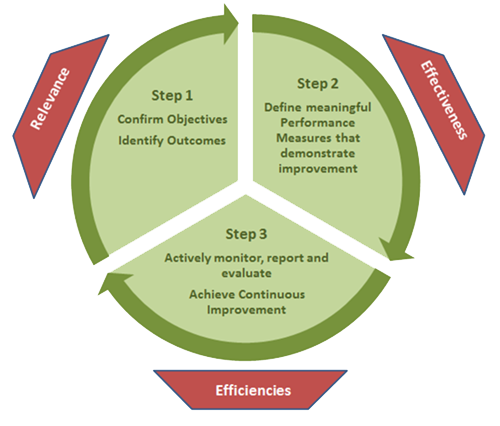We understand the need for equitable, holistic health care services for Indigenous communities
Engagement
Culturally appropriate methods of engagement and communications with leadership, health professionals, and communities are integral to getting meaningful and relevant results.
Keesic Strategies’ principles and objectives for a culturally appropriate and respectful engagement process:
Project Management
Keesic Strategies uses integrated Project Management Methodologies to deliver streamlined project coordination, documentation, communications and reporting.
We assign a project manager to act as a single point of contact for planning and coordinating all activities. The project manager will ensure all key activities for effective project management are followed:
Evaluation
Effective planning requires on-going monitoring and evaluation. Service outcomes evaluation helps improve the efficiency of decision-making that directly affects program delivery.
To make evidence-based decisions, it is necessary to leverage available analytics, research results and other information on program outcome results. Effective evaluation will:
Models
Logic models provide a detailed explanation of how outcomes will be achieved; they provide the foundation for developing performance measures that support decision making.
Logic models look at both shorter-term and longer-term outcomes with a focus on measuring progress and success around the goals for implementation.

Evaluation Frameworks should include the following key elements:
-
Focus on Outcomes: A clear definition of the desired outcomes and how they will be measured.
-
Flexible Policy and Program Design: Evidence-informed and client/outcome focused; the design required a rapid feedback loop for continuous improvement
-
Program Assessment: Review data for effectiveness of existing/base programs and policies; incorporating actions based on the results
-
Oversight and Continuous Improvement: Active monitoring and evaluation of performance to ensure program effectiveness and continuous improvement.
-
Targeted Impact Evaluation: Regular evaluation to determine impact.
-
Decision Making: Evidence is incorporated into policy, funding and budget decisions.

